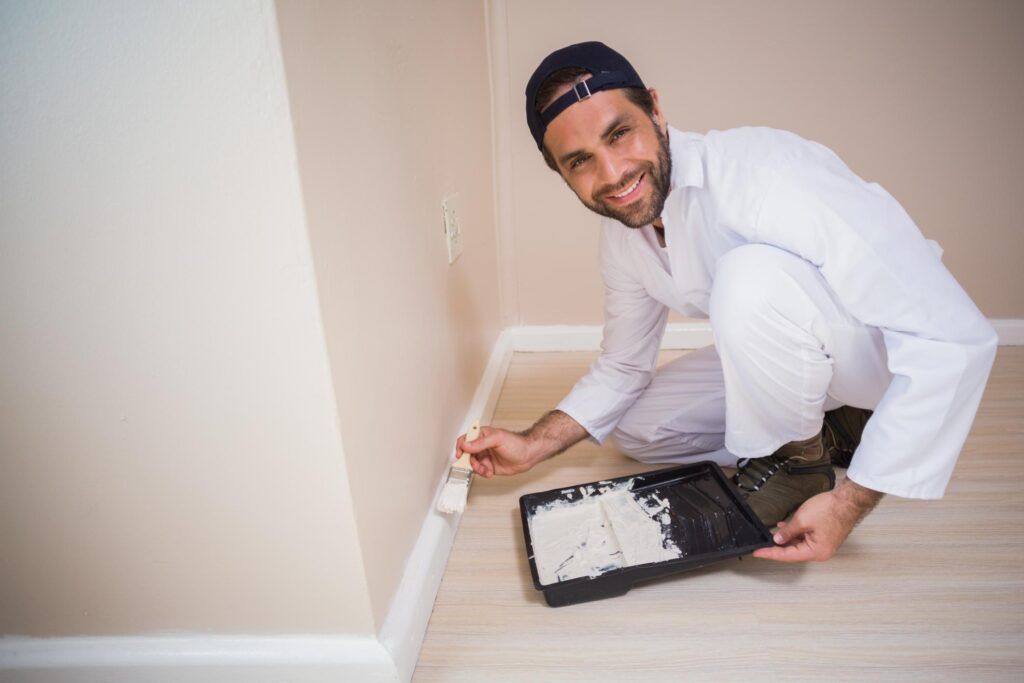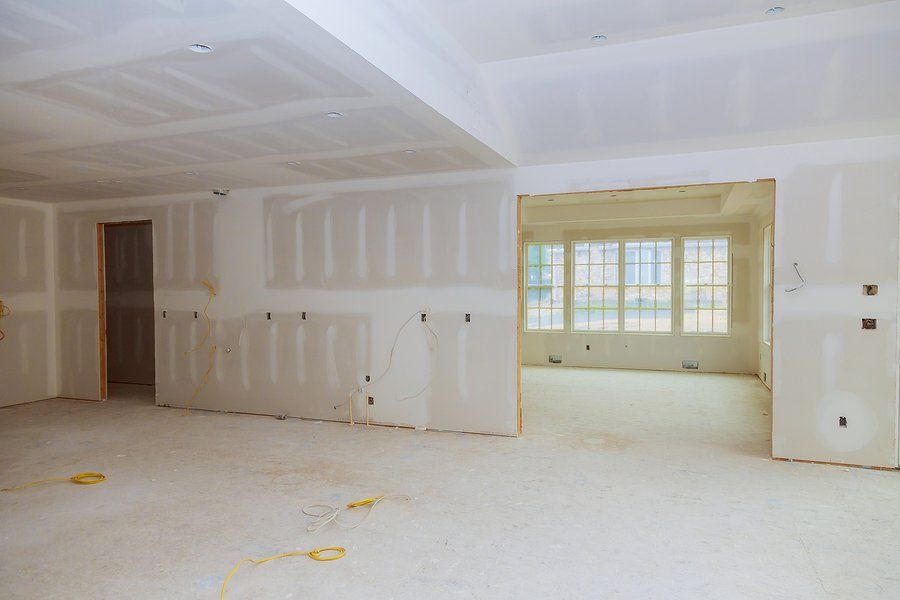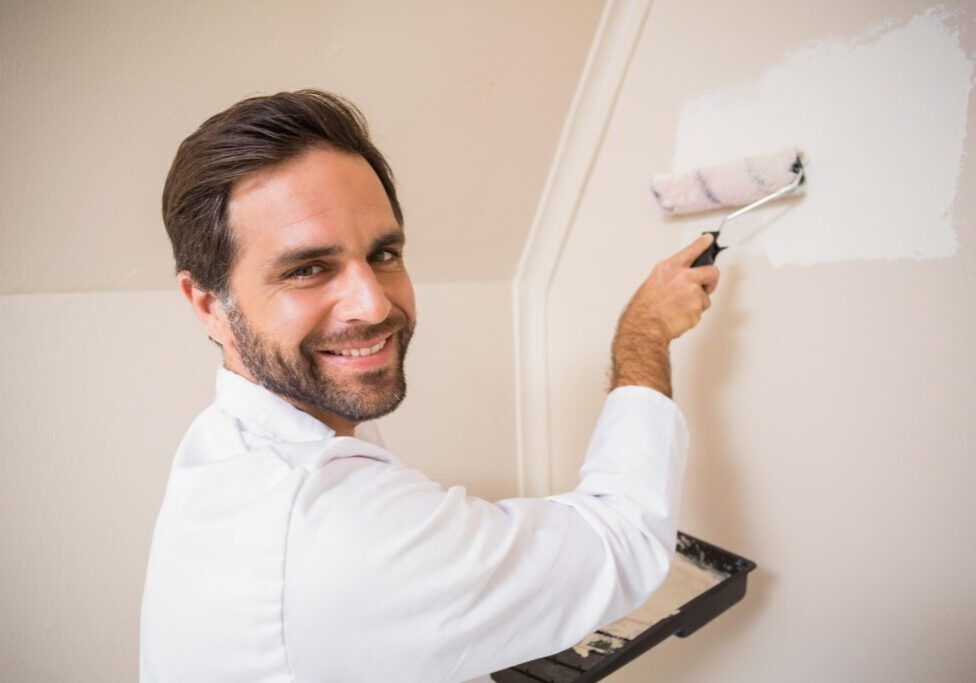Your Guide to Choosing the Right Drywall Thickness
Picking the Perfect Thickness Made Easy
As a seasoned professional in the construction industry, I understand how overwhelming it can be for homeowners to make decisions regarding their home renovations. One of the crucial elements that often gets overlooked is choosing the right drywall thickness for Denver homes. I've witnessed firsthand the importance of selecting the appropriate drywall thickness to ensure durability, longevity, and overall aesthetic appeal. In this guide, I'll walk you through everything you need to know about Denver drywall services, offering invaluable insights to help you make an informed decision that suits your specific needs. Let's delve into the world of drywall thickness and unlock the key to achieving a flawless finish for your home.

Understanding drywall thickness options available in the market
Understanding the different options available in the market is essential to ensure the longevity and durability of your walls. The most common drywall thickness options are 1/4 inch, 3/8 inch, 1/2 inch, and 5/8 inch. Each thickness serves a specific purpose, depending on the application and the structural requirements.
For example, 1/4 inch and 3/8 inch drywall are typically used for curved walls or repairs, while 1/2 inch and 5/8 inch are commonly used for standard walls and ceilings. By selecting the appropriate thickness, you can optimize the sound insulation, fire resistance, and overall strength of your walls. It is always recommended to consult with a professional Denver drywall services provider to determine the right drywall thickness that suits your specific needs and budget.
Factors to consider when selecting the appropriate drywall thickness
When it comes to selecting the appropriate drywall thickness, there are several factors that need to be considered. The first factor is the intended use of the space. For residential applications, a standard 1/2-inch drywall thickness is often sufficient. However, for areas that may be subject to additional wear and tear, such as hallways or children's rooms, opting for a 5/8-inch thickness may provide added durability.
Another factor to consider is the building codes and regulations in your area. Different regions may have specific requirements for drywall thickness, especially in properties that need to meet fire resistance standards. Lastly, it is important to consider the type and weight of any fixtures or items that will be mounted on the drywall. Heavier objects, like cabinets or TVs, may require additional support and therefore a thicker drywall. By taking these factors into consideration, you can ensure that you choose the right drywall thickness for your project, resulting in a durable and long-lasting finish.
Evaluate the structural integrity of the space
It is important to ensure that the drywall is able to bear the weight of any fixtures, shelves, or decorations that will be attached to it. Additionally, the drywall should be able to withstand movement and vibrations to prevent any cracks or damage in the future. By thoroughly examining the existing structure and taking into account the specific needs of the space,
I am able to recommend the ideal drywall thickness that will provide both durability and stability. Ultimately, a thorough evaluation of the structural integrity not only ensures the longevity of the drywall but also provides peace of mind for the homeowners or tenants.
Assessing the aesthetic requirements.
Assessing these requirements is a crucial step in ensuring a successful outcome. One of the main factors to consider is the location where the drywall will be installed. For instance, in high-traffic areas such as hallways or commercial spaces, a thicker drywall is recommended to increase durability and reduce the risk of damage.
On the other hand, in areas such as bedrooms or living rooms where the focus is more on aesthetics rather than durability, a thinner drywall might be sufficient. By carefully assessing the aesthetic requirements of each space, we can help our clients make informed decisions and achieve the desired look and feel for their interiors.
Discussing the cost implications
As a professional drywall contractor, I understand the importance of working within a budget while also ensuring the best quality outcome for my clients. While thinner drywall may seem like a more cost-effective option initially, it may not offer the same durability and insulation as thicker options. Thicker drywall, on the other hand, may require more materials and labor, resulting in a higher overall cost.
However, it is essential to evaluate the long-term benefits, such as increased soundproofing and better resistance to wear and tear that thicker drywall provides. By carefully considering your budget and the specific needs of your project, I can guide you in selecting the ideal drywall thickness that strikes the right balance between cost and quality
Expert recommendations for common scenarios
Depending on the specific scenario, different thicknesses may be required to ensure the structural integrity and overall performance of your walls. In most residential settings, a 1/2-inch thick drywall is commonly used for interior walls. This thickness is sufficient for standard applications and provides a sturdy surface for painting or wallpapering.
However, in areas prone to moisture, such as bathrooms or basements, it is best to opt for a thicker drywall of 5/8 inch. This increased thickness provides added durability and resistance against moisture damage. Additionally, in commercial and high-traffic areas, a 5/8-inch thick drywall is highly recommended as it offers enhanced protection against dents and dings. By understanding these expert recommendations for common scenarios, you can make informed decisions when it comes to choosing the appropriate drywall thickness for your project.
Conclusion
In conclusion, selecting the right drywall thickness for your construction or renovation project is of utmost importance. Not only does it contribute to the structural stability of the space, but it also impacts soundproofing, insulation, and overall aesthetic appeal. By understanding the available options in the market and carefully considering factors such as structural integrity and aesthetic requirements, you can make an informed decision.
While cost implications should be taken into account, it's crucial not to compromise on quality. Expert recommendations for various scenarios can guide you in making the best choice. Remember, the success of your project depends on choosing the right drywall thickness. So don't hesitate to contact us for a free quote. We're here to help you achieve your construction goals with confidence and excellence.



